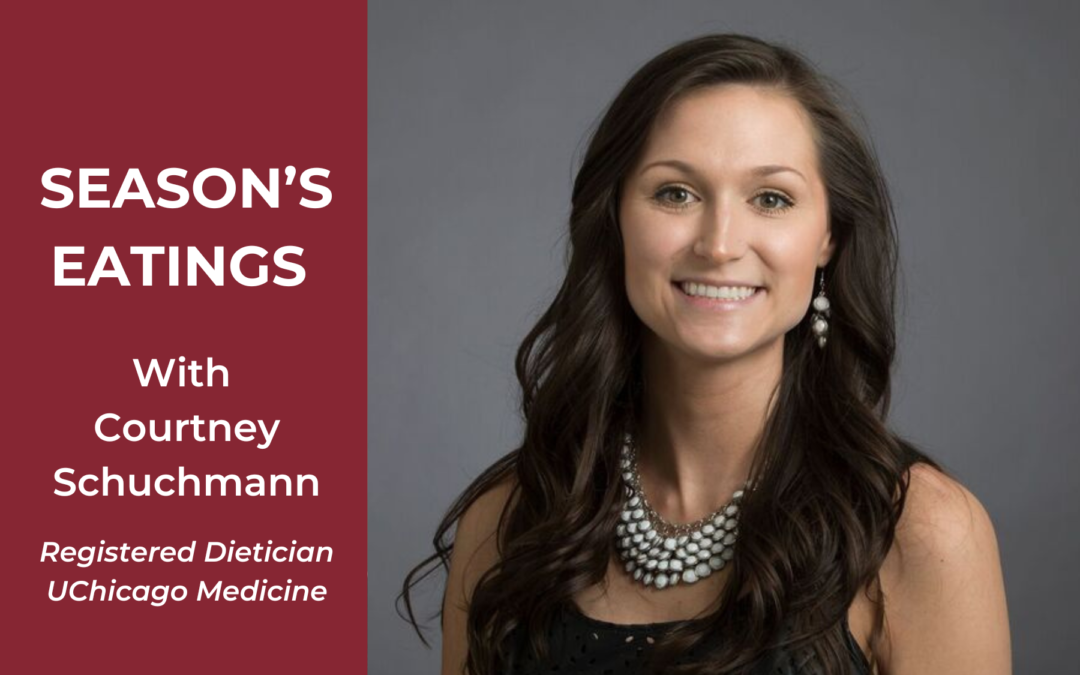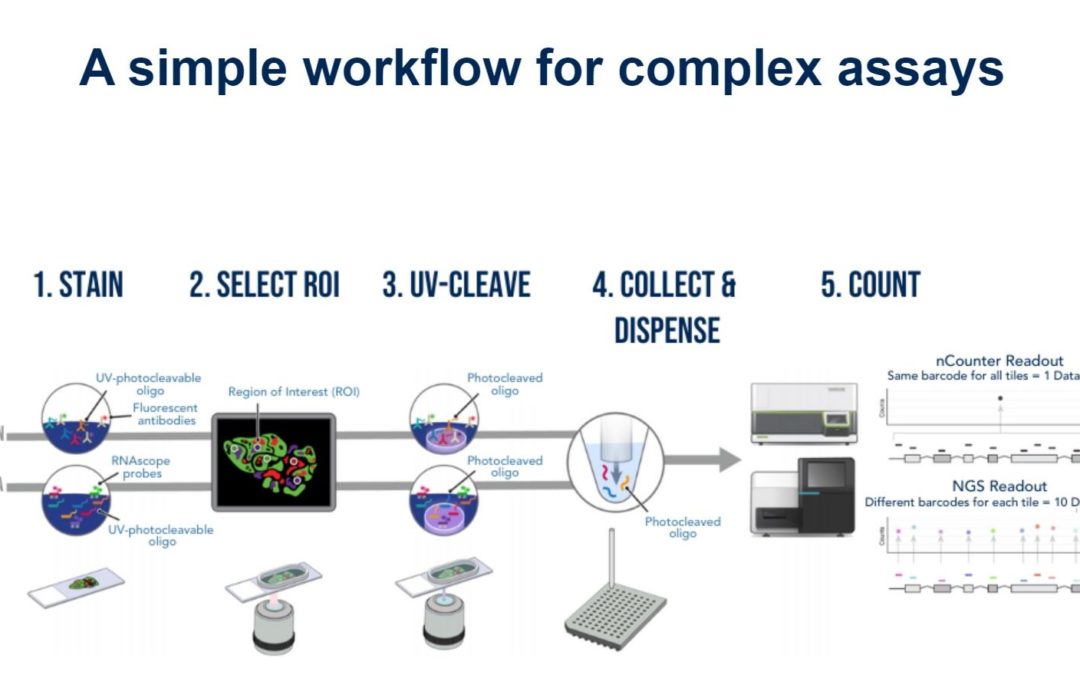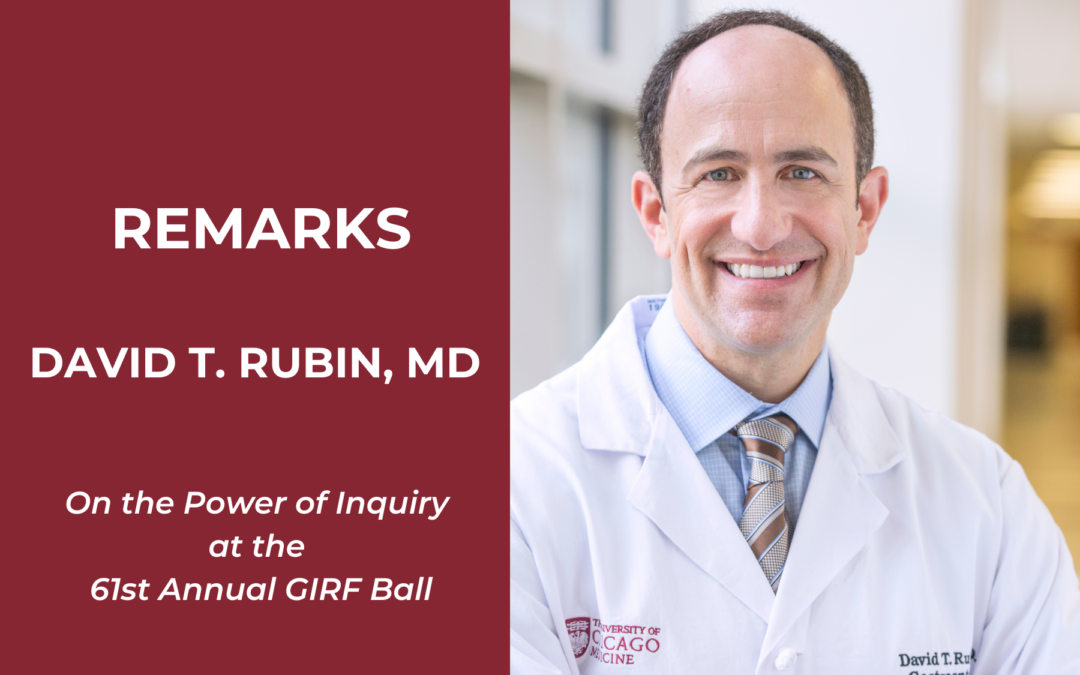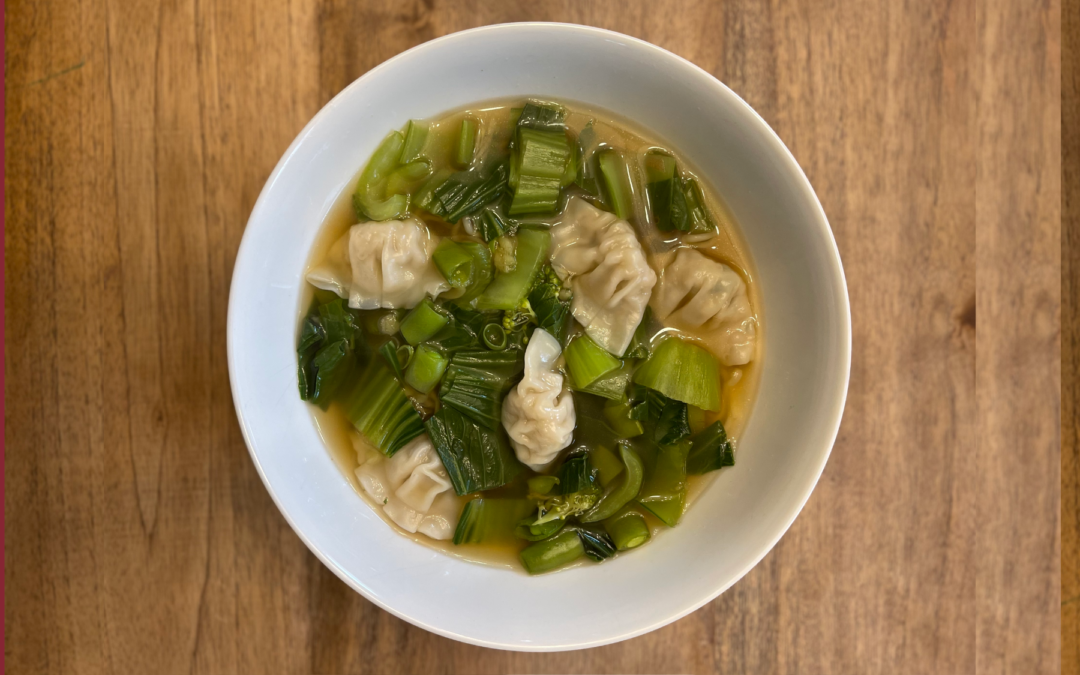
by Anna Gomberg | Nov 29, 2022 | Newsletter, Resources for Patients, University of Chicago Medicine
From Halloween through the New Year, it can feel like every gathering – from family dinners to holiday parties and cookie exchanges – centers around food. What should be a happy holiday season often becomes a challenging ‘food season’ for those living with...

by Anna Gomberg | Sep 29, 2022 | GIRF Event, Newsletter
On Friday, September 23, the GI Research Foundation Associates Board and supporters came together at the Associates Board Annual Cocktail Party: [Re]United for GI Health, celebrating for the first time since the beginning of the Covid-19 pandemic. The cocktail party,...

by Anna Gomberg | Sep 29, 2022 | Newsletter, Resources for Patients
Inflammation is a key concern for people living with digestive diseases and other health concerns. Walnuts, turmeric, flaxseeds, green tea, broccoli sprouts, fatty fish, olive oil, and others, are touted by different research studies (of varying rigor) as having...

by Anna Gomberg | Sep 29, 2022 | Newsletter, Research and Discovery, University of Chicago Medicine
Despite literal centuries of scientific inquiry, treating and curing cancer remains today’s foremost health research priority. In early 2022, the federal government even reignited the Cancer Moonshot program, working with the National Institutes of Health, including...

by Anna Gomberg | Jul 27, 2022 | GIRF Event, Newsletter, Research and Discovery
GeoMX Digital Spatial Profiler “Like being inside a tissue sample at a molecular level” Maps the spatial architecture of a cell, and how the cell interacts with surroundings Provides images to study how tissues and cells interact Produces 2D and 3D images Colorizes...

by Anna Gomberg | Jul 27, 2022 | Newsletter, Research and Discovery, University of Chicago Medicine
Cambrian Liu, PhD, a newer member of the UChicago Medicine faculty, described his innovative research in regenerative stem-cell treatments for IBD patients. “I believe that some patients respond to [IBD medications] because their bodies are able to tap into an innate...

by Anna Gomberg | Jul 27, 2022 | Newsletter, Research and Discovery, University of Chicago Medicine
“In order to achieve our goal of reducing the burden of GI cancers, we practice and strive for early detection and personalized medicine. Personalized medicine moves away from one-size-fits-all approaches, and integrates knowledge about a person’s genetics, personal...

by Anna Gomberg | Jul 27, 2022 | GIRF Event, Newsletter, Research and Discovery, University of Chicago Medicine
Excerpted and adapted from remarks delivered on May 20, 2022 I start with a question that is asked every day in our clinics and by all of you: Why? A question for anyone who is diagnosed with a medical problem or a chronic condition. Why did this happen? Why now? Why...
by Anna Gomberg | May 20, 2022 | GIRF Event
Will the GI Research Foundation have safety measures in place? The GI Research Foundation will meet all event-related requirements of the CDC and Chicago Department of Public Health. As of May 2022, the City of Chicago is at high risk for Covid-19. The Geraghty is...

by Anna Gomberg | May 9, 2022 | Newsletter, Recipes, Uncategorized
Spring may be right around the corner, but it may not always feel like it. This recipe elevates an easy weeknight soup to a seasonal favorite featuring one of the earliest spring vegetables: ramps. Foraged or found at farmers’ markets, ramps (also known as wild...

by Anna Gomberg | May 9, 2022 | Grateful Patients, Newsletter, University of Chicago Medicine
Kelli Morgan McHugh is an operatic soprano, an Associate Professor of Instruction in Music Theatre, and vocal coordinator for the Music Theatre Certificate Program at Northwestern University. Growing up in Acworth, Georgia, Prof. McHugh was the first person in her...

by Anna Gomberg | May 9, 2022 | Newsletter, University of Chicago Medicine
Ira Hanan, MD, Professor of Medicine at the University of Chicago Medicine Digestive Diseases Center, will retire in June 2022, after more than 35 years of service. GIRF will honor his outstanding contributions to the field of gastroenterology at its annual ball on...












